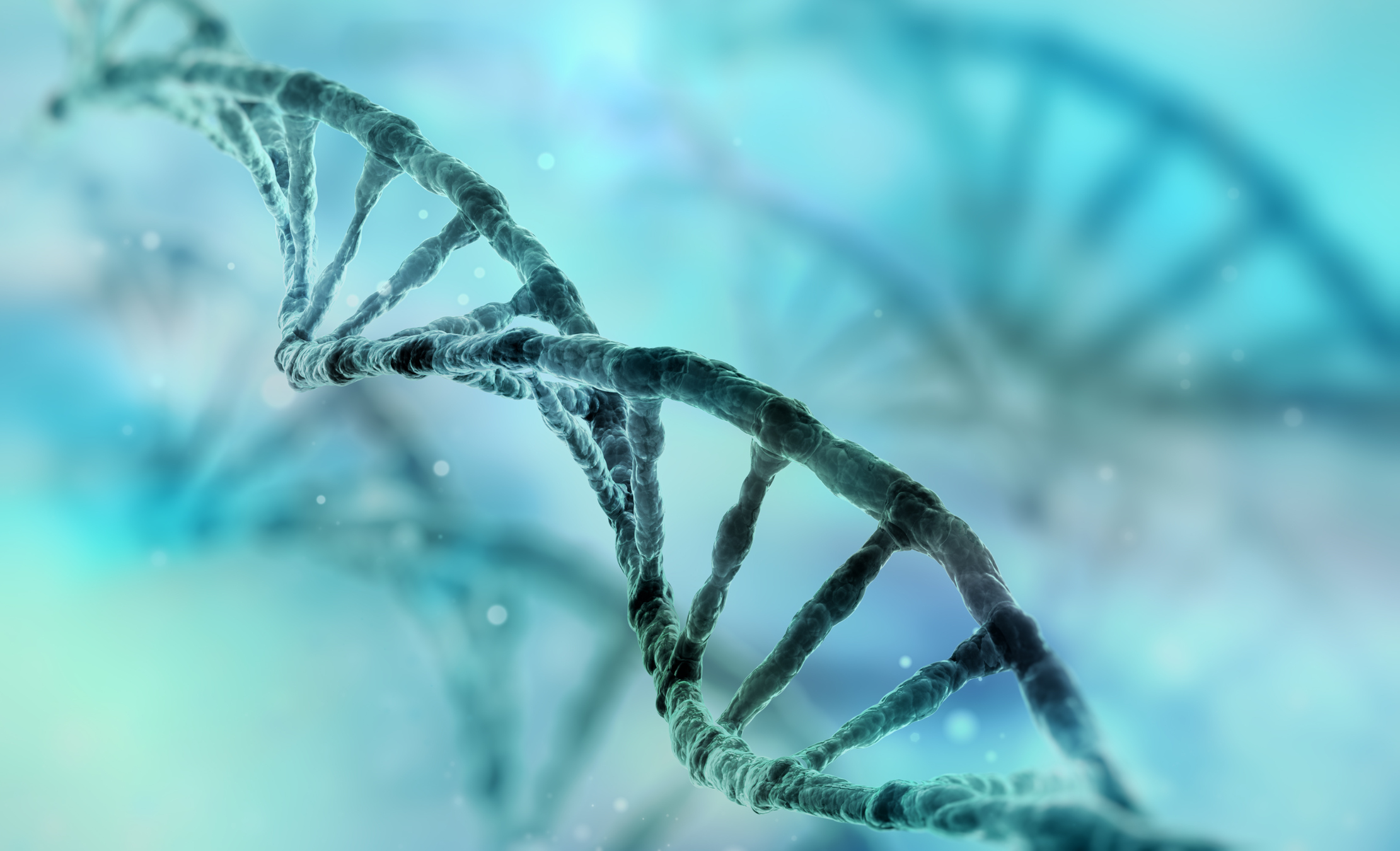Tag: Epigenetics
-

Scientists Examine Epigenetics of Breast Cancer
Northwestern Medicine scientists are using a variety of innovative techniques to uncover the epigenetics of breast cancer, as seen in three recent studies.
-

Shilatifard Named Editor of Science Advances
Ali Shilatifard, PhD, has been appointed editor of Science Advances, an open-access journal published by the American Association for the Advancement of Science, which also publishes the journal Science.
-

Understanding the Epigenetics of Sex Determination
A team of scientists has identified a key enhancer of Sox9 — a gene critical for male sex development — and demonstrated that deleting the enhancer results in male-to-female sex reversal in animal models.
-

Resetting the Epigenetic Balance for Cancer Therapy
Northwestern Medicine scientists have discovered an epigenetic imbalance that can lead to cancer, and used these findings to inhibit tumors in models.
-

DNA Methylation Plays Key Role in Stem Cell Differentiation
Northwestern Medicine scientists have uncovered how DNA methylation triggers stem cells to transform into more specialized neuronal cells.
-

Northwestern to Advance Our Understanding of the Role of Environment on Genes
A new $10 million gift from University trustees and supporters Louis A. Simpson ’58 and Kimberly K. Querrey will create a center to study the effects of environment on the activation and expression of genes.
-

Shilatifard Receives Walder Research Award
Ali Shilatifard, PhD, has been named the 15th recipient of the Martin E. and Gertrude G. Walder Award for Research Excellence, an honor given annually by the provost that recognizes excellence in research at Northwestern University.
-

Balancing Gene Expression to Prevent Disease
Northwestern Medicine scientists explore research that has shown how the balanced activities of two protein families regulate gene expression during embryonic development and how mutations that tip this balance lead to cancer.
-

Hou Appointed to ‘Moonshot’ Cancer Initiative Panel
Lifang Hou, MD, PhD, chief of Cancer Epidemiology and Prevention in the Department of Preventive Medicine, has been named a member of a blue ribbon panel that will help inform the scientific direction of Vice President Joe Biden’s National Cancer Moonshot Initiative.
-

Uncovering the Dynamics of Gene Expression and Epigenetic Signatures in the Stem Cells of Sperm
New insights into male germline development may help scientists better understand how external factors might have an effect on the germ cells of offspring in the future.






